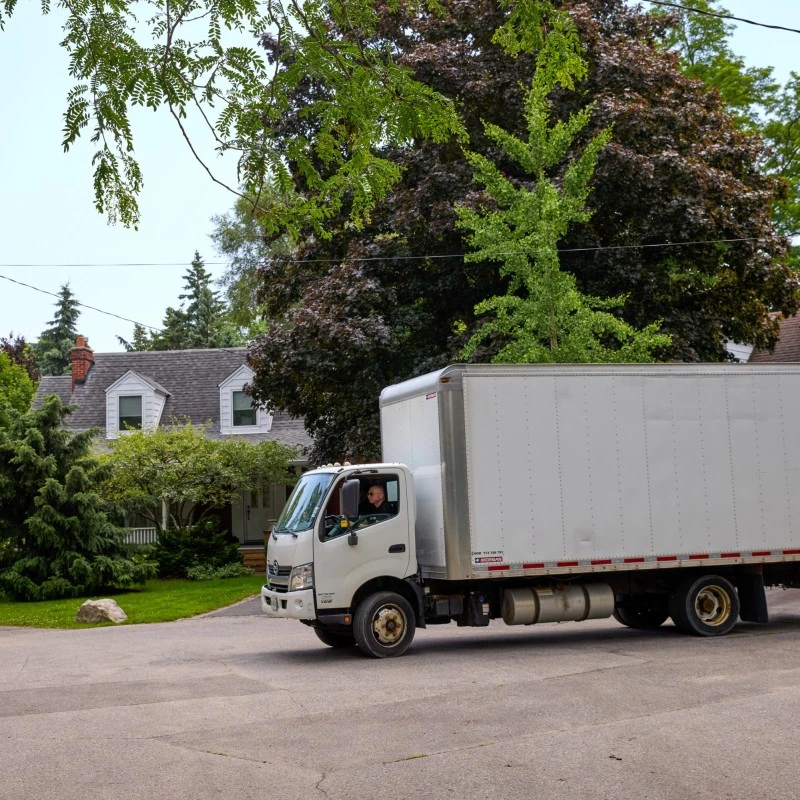How to Become a Citizen of Canada: A Detailed Guide


A major highlight to Canadian society is its multiculturalism.
As of November 2024, Canada welcomed 451,435 permanent immigrants.
Canada’s openness to allowing immigrants every year helps to contribute to Canadian values of tolerance, acceptance and diversity.
Canadian citizenship is appealing as it provides access to a range of rights and numerous opportunities, as well as a high quality of life. Canadian residents get to enjoy Canada’s outstanding natural beauty, while benefiting from a strong economy and medical peace-of-mind through access to universal healthcare. Democracy, economic/political stability and extensive social services are all draws to living in Canada, and an added bonus is that citizenship provides international mobility with visa-free travel to many countries.
Keep reading to learn about the complete process of becoming a Citizen of Canada, as well as resources for applicants and the newly immigrated.
Eligibility criteria for obtaining Canadian citizenship
While Canada is open to receiving a large number of immigrants every year, the eligibility requirements are strict. To become a citizen of Canada, you must:
-
Be a permanent resident - Note that you are allowed to apply with an expired Permanent Resident card as well.
-
Have lived in Canada for 3 out of the last 5 years
-
Have filed your taxes if you need to
-
Prove your language skills - Applicants between the ages of 18-54 must have adequate knowledge of either English or French
-
Pass a citizenship test - Applicants between the ages of 18-54 are tested on their knowledge of the rights and responsibilities of Canadian citizens and Canada’s history, geography, economy, government, laws and symbols. The government of Canada provides resources such as study guides and practice tests to help you prepare.
-
Complete a citizenship interview - During the citizenship interview, an IRCC officer will assess your knowledge of Canada and evaluate your English or French language skills. The officer may also ask questions to see if you understand the rights and responsibilities that come with Canadian citizenship.
-
Take the oath of citizenship - During this ceremony you will take the oath, receive your citizenship certificate, sign the Oath or Affirmation of Citizenship form, and sing Canada’s national anthem. Those with a mental disability such as an intellectual or developmental disability that prevents them from understanding the oath can get a waiver/exemption from taking the oath.
Situations that will prevent you from obtaining Canadian citizenship
To keep Canadians safe, the government has strict rules regarding who they allow to immigrate.
-
You can't apply for citizenship if you're in prison, on parole, on probation, or serving a sentence outside Canada. You're also ineligible if you're charged with, on trial for, or appealing a conviction for a serious crime in Canada or abroad.
-
You can't apply if you're under a removal order, involved in war crimes or crimes against humanity, had a citizenship application rejected for lying in the past five years, or had your citizenship revoked for fraud in the past ten years.
-
If you were convicted of a serious crime in Canada or abroad within the last four years, or if you've been convicted of terrorism, high treason, treason, or spying, or served with an armed group against Canada as a permanent resident, you are not permitted to apply.
Necessary documents required for the application
The Canadian citizenship application requires various documents to be submitted at the time of application:
-
Proof of permanent residency - this can include:
-
Permanent Resident card
-
Record of Landing
-
Travel documents such as passport stamps, flight tickets and boarding passes
-
Utility bills
-
Provincial health card
-
Employment records and pay stubs
-
Driver’s licence
-
Residential lease
-
Mortgage agreement
-
Language test results
-
Canadian tax returns
Unofficial documents that demonstrate social integration can help to support your application. These documents can show community involvement, memberships and participation in the culture and may include:
-
Membership cards from clubs or organisations
-
Letters of reference from employers or prominent community leaders
-
Evidence of participation in local events, schools or religious institutions
READ: Expat Insurance in Canada: What Foreigners Need to Know
Application fee, breakdown of costs, and payment methods
 Along with the application form, there is also an application fee. The breakdown of costs for application, etc are as follows:
Along with the application form, there is also an application fee. The breakdown of costs for application, etc are as follows:
- Adult citizenship - Processing fee: $530.00
- Right of citizenship fee: $100.00
- Minor citizenship - Processing fee $100.00
- Stateless adult-born to a Canadian parent - Processing fee $100.00
- Citizenship certificate - $75.00
You can pay your application fee online, with a bank draft or money order, or by writing a certified cheque.
Submitting your application
You can submit your application online or by filling out a paper application and sending it in the mail. Many choose to use expedited services such as FedEx, as these companies have advanced security and faster deliveries than regular postal services.
You can track the status of your application after you’ve received an acknowledgement of receipt (AOR) letter or email.
What is dual citizenship?
Dual citizenship in Canada means that someone can be a citizen of Canada and another country at the same time. This handy status allows people to enjoy the benefits of citizenship in both places, like being able to live, work, and study in either country, vote, and access social services. While being a dual citizen comes with benefits, it also comes with added responsibilities: you might have to pay taxes or serve in the military for each country where you're a citizen. Overall, dual citizenship is a positive thing and provides you with more options and extra opportunities.
READ: Navigating Canada’s Healthcare System
Additional resources for applicants and new immigrants
Apply for Canadian citizenship - Official government page with all necessary information about applying
Canadian citizenship - Links and resources from the Canadian government to assist with the application process
Who qualifies for Canadian citizenship? - A comprehensive list of requirements to apply
Physical presence calculator - Easily calculate the number of days you were present in Canada during the last 5 years
Canadian Information Centre for International Credentials
Newcomer services near you - A complete list of immigrant services and organisations organised by province/territory
What do our customers say?



























